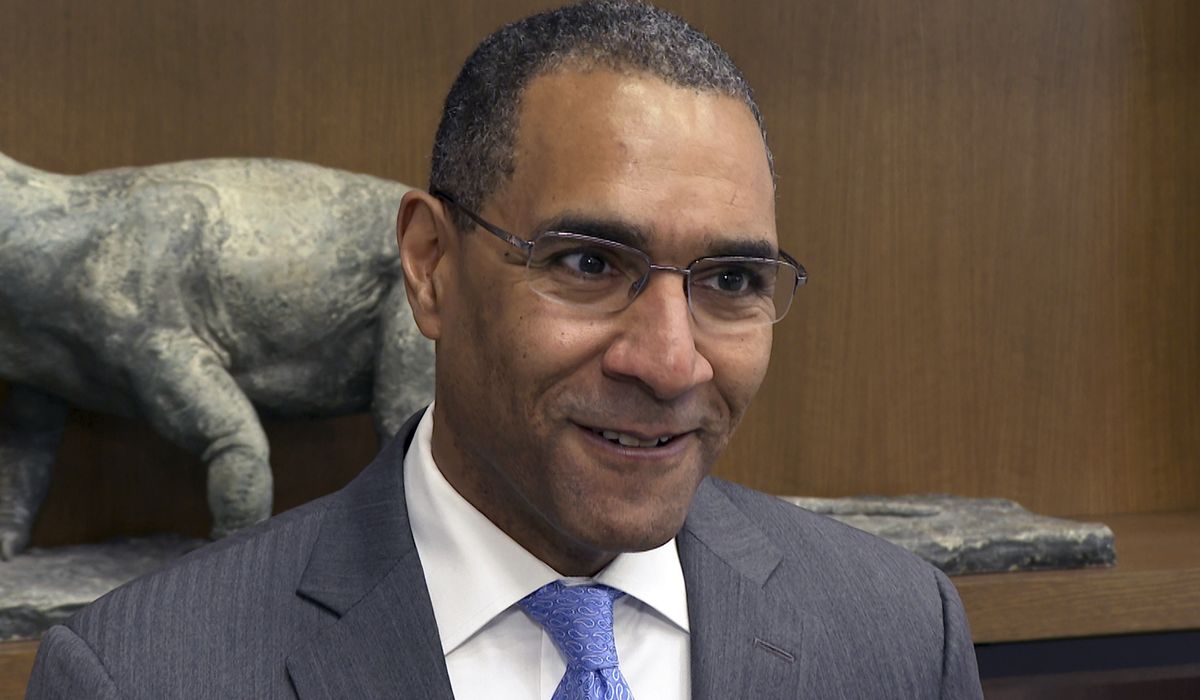


The American Museum of Natural History is removing from public display some 12,000 human remains under suspicion the bones were acquired by graverobbing from Black and indigenous peoples, according to a report.
The famed New York City museum will remove a dozen exhibits to investigate the origins of the bones, according to an internal memo obtained by The New York Times.
“None of the items on display are so essential to the goals and narrative of the exhibition as to counterbalance the ethical dilemmas presented by the fact that human remains are in some instances exhibited alongside and on the same plane as objects,” Sean M. Decatur, the museum’s president, said in a letter to the museum staff.
“These are ancestors and are in some cases victims of violent tragedies or representatives of groups who were abused and exploited, and the act of public exhibition extends that exploitation,” he wrote.
One of the collections that will be examined is the remains of five Black adults uncovered by construction workers in 1903.
The workers discovered the remains in Manhattan while working on a site that used to be a slave cemetery during the colonial era. The construction crew piled the skulls and bones into a pyramid shape and took a picture.
Another collection to be reviewed involves the remains of some 2,200 Native Americans that the museum holds.
While 1,000 of the remains have been returned to descendants over the past 30 years as mandated by federal law, the American Museum of Natural History has been slow to give the rest back.
Mr. Decatur’s letter said the new policy will be to care for the remains — which include human remains and funerary and sacred objects — until they can be returned.
There is also a “medical collection” of roughly 400 sick and poor New Yorkers who died in the 1940s.
The remains were first handed over to medical schools, which later gave the remains to the museum.
Some legal scholars told The New York Times that the transfer “may not have been allowed under the law.”
• Matt Delaney can be reached at mdelaney@washingtontimes.com.
